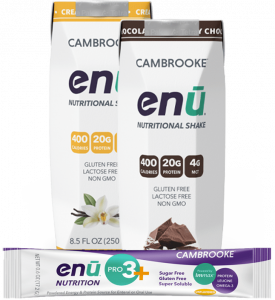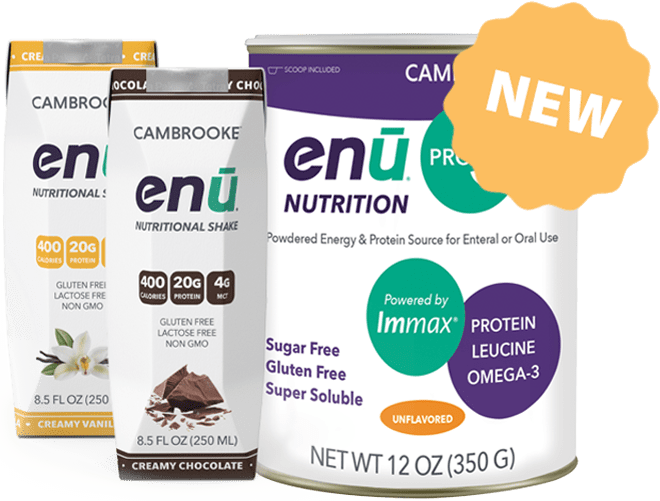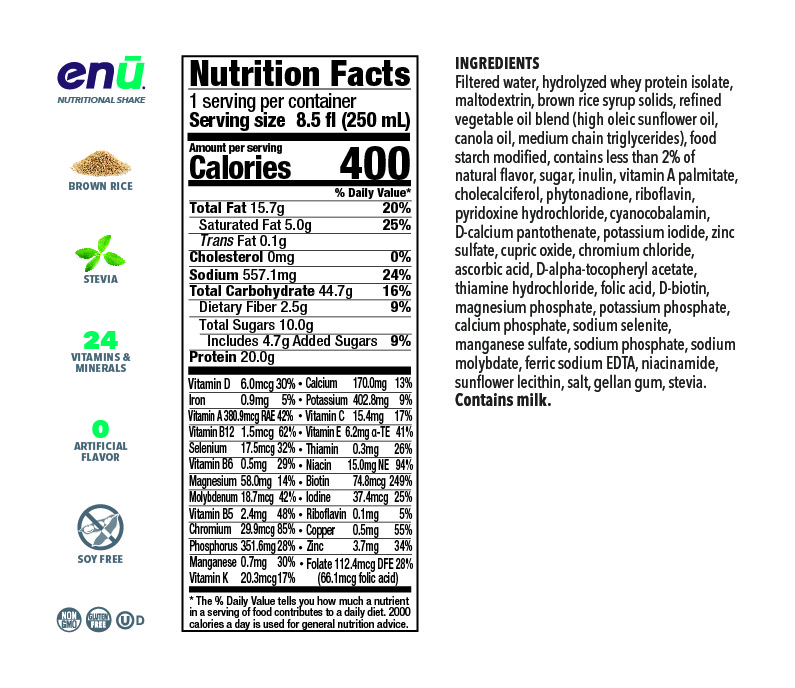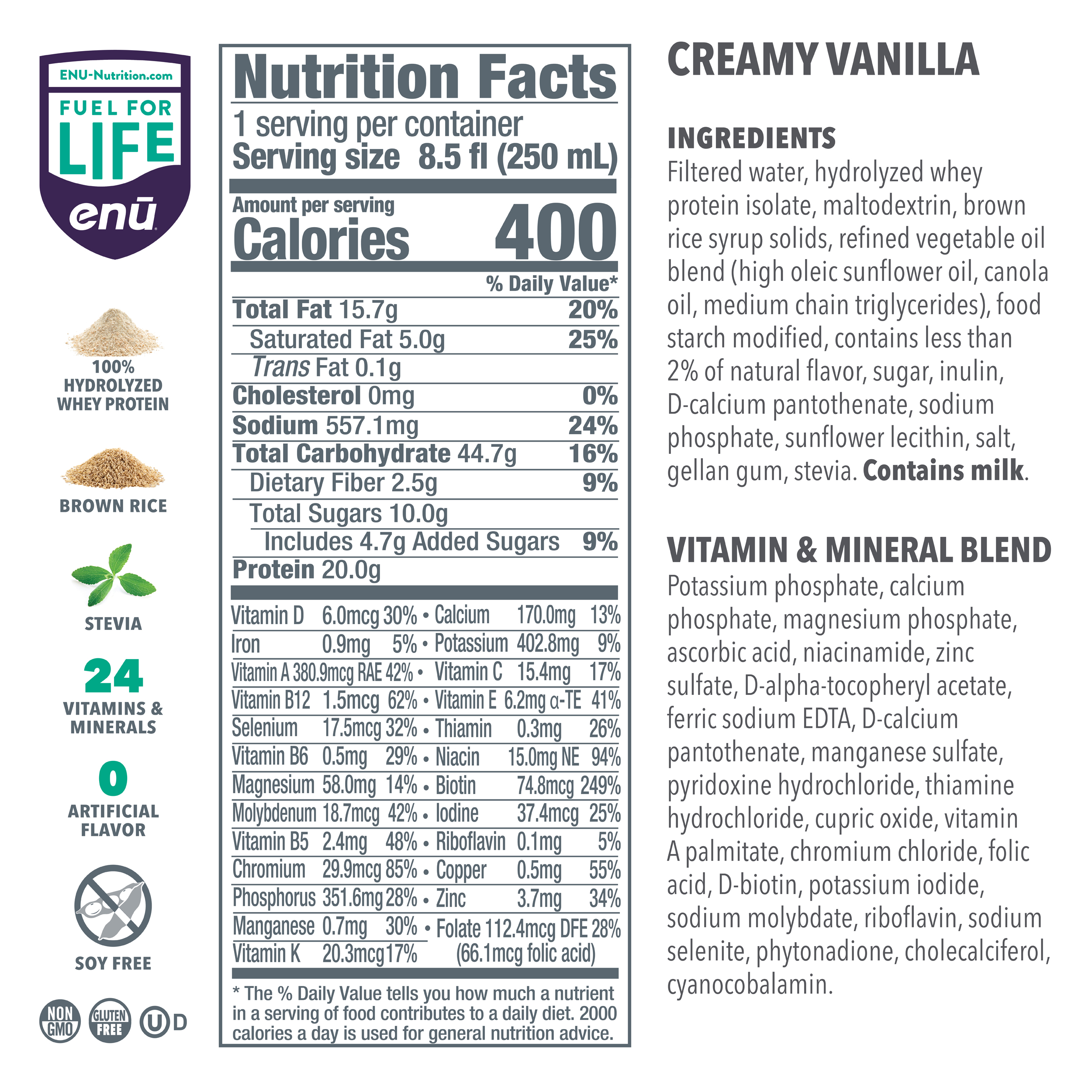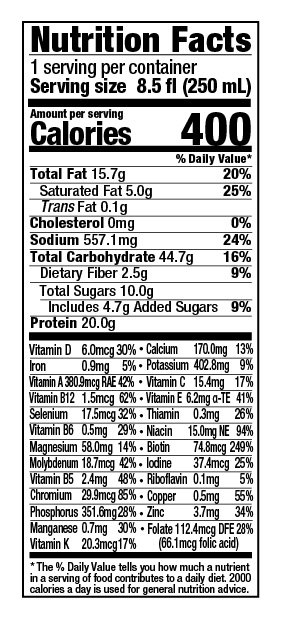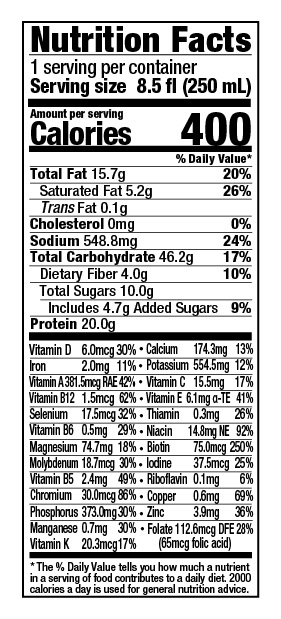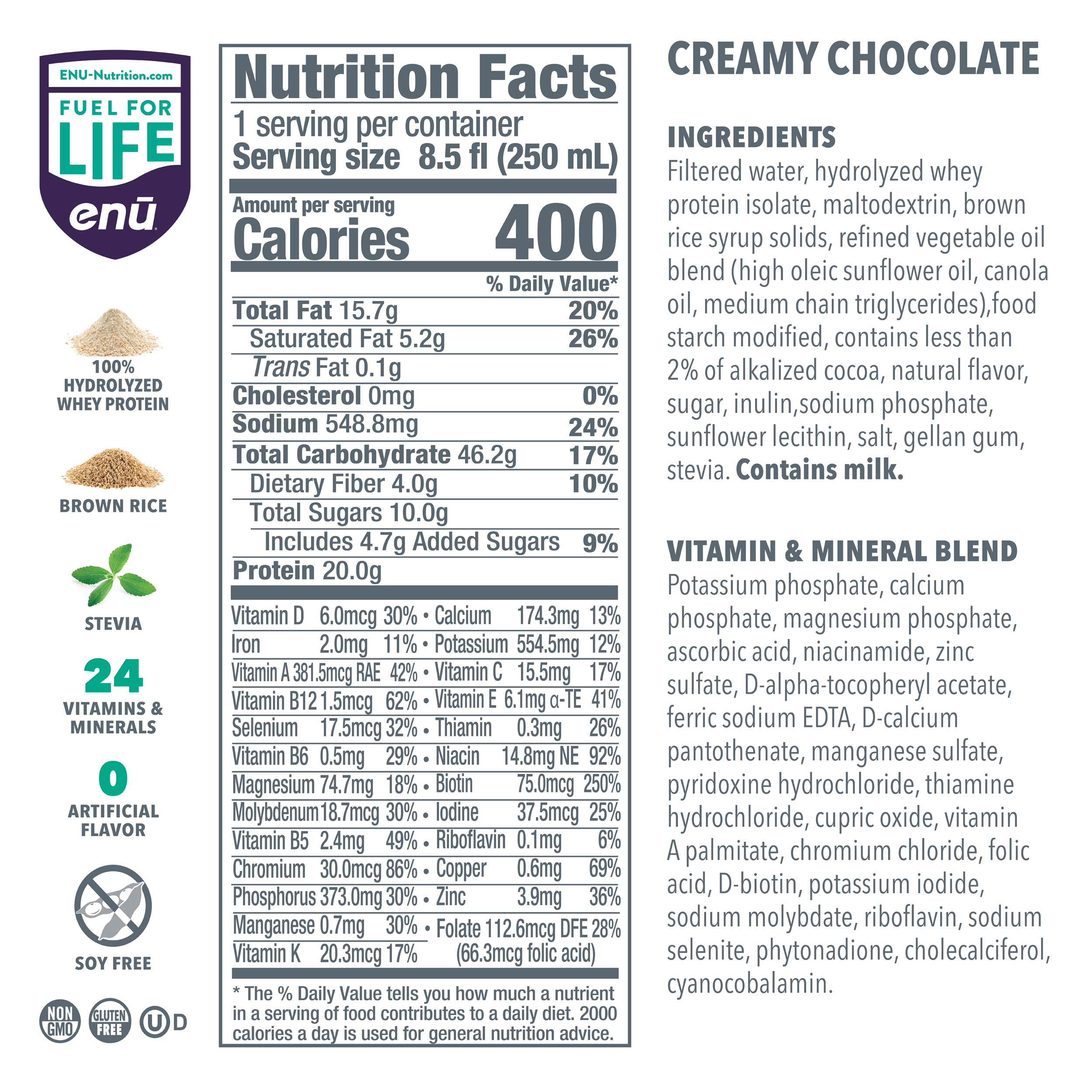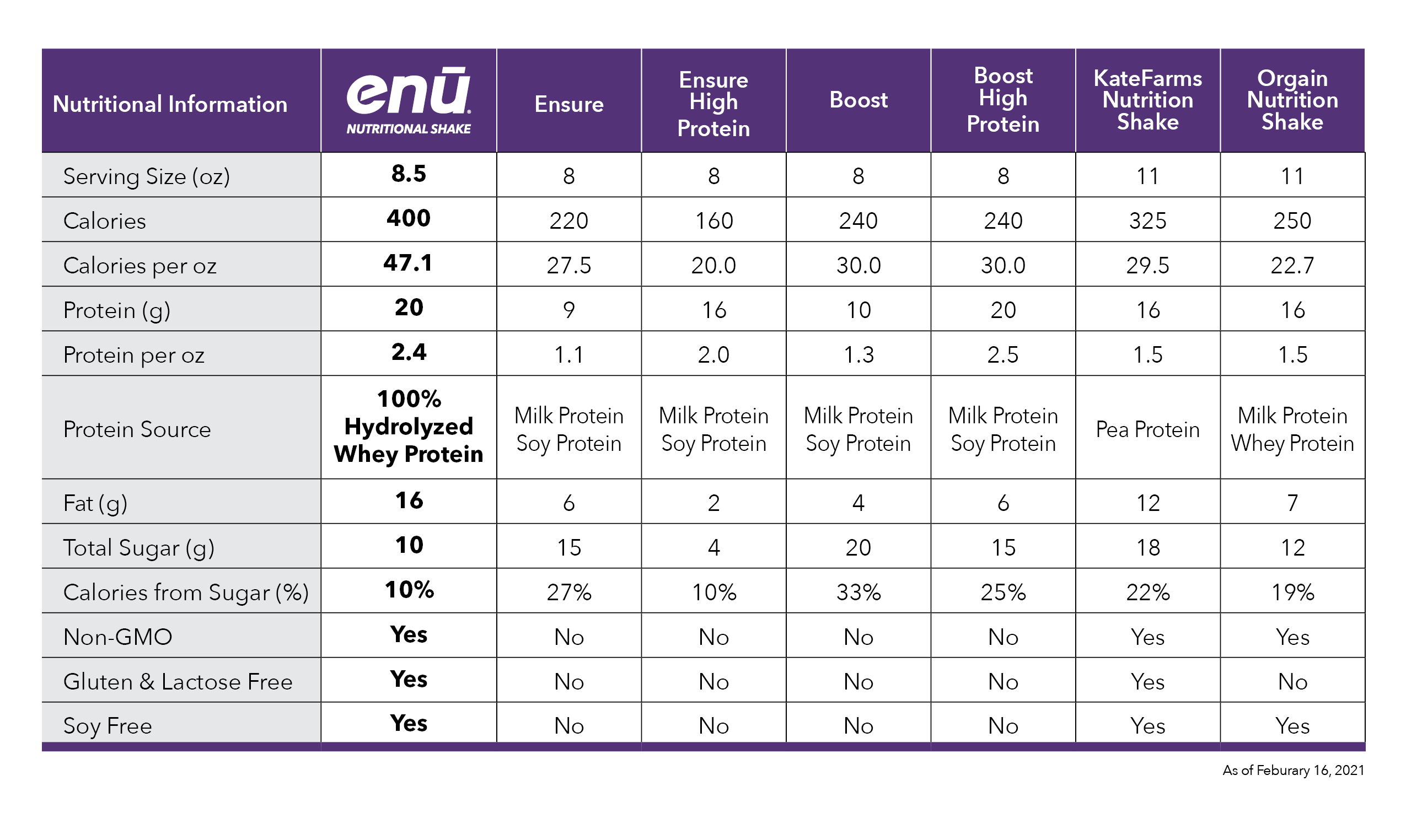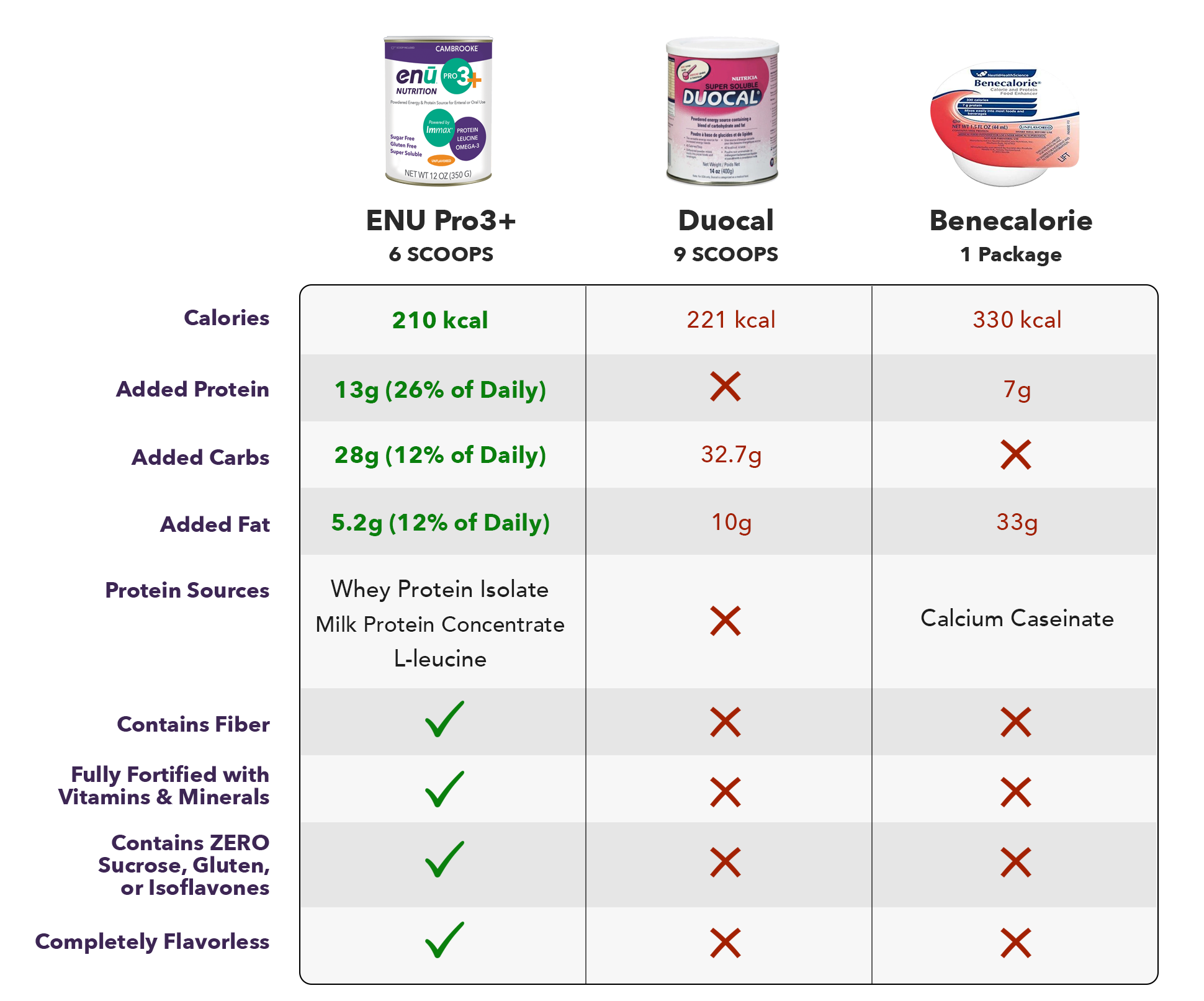
Get a FREE
ENU Intro Pack*
*Just Pay $2.00 Shipping
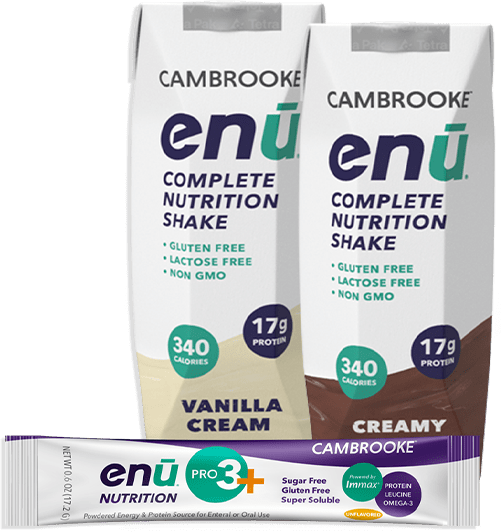
Are Protein Shakes Bad for Your Kidneys?
Protein shakes have become a beloved dietary staple for everyone from bodybuilders and professional athletes to teenagers and weekend warriors. This diverse customer base has led to a wide variety of shakes, powders, and other forms of protein supplements, but with this uptick in use has come one or two theories about how protein could be bad for you, with some even going so far as to say that it can damage your kidneys with overuse. So are protein shakes actually bad for your kidneys? Keep reading as the experts at ENU answer this very question.
The Importance of Protein for Your Kidneys
As one of the three macronutrients that support a healthy diet – the other two being fats and carbohydrates – protein is important for everyone, not just as part of a nutritional shake for athletes. It provides an essential material for many of the body’s processes, even those you may not associate with muscle development.
For one thing, protein is a key element in your body’s healing process, helping with everything from cuts and scrapes to broken bones and major illnesses. It provides the building blocks to synthesize the various enzymes, hormones, and neurotransmitters that keep your body’s systems running smoothly, and it is used in the creation of everything from skin and bones to hair and fingernails. In a pinch, protein can also be broken down to generate fuel for your body, though it requires you to burn more calories than normal – part of why protein is a great element in a diet for weight management.
Of course, protein is also a major dietary priority for those looking to get in shape or build massive muscles. That’s because protein is what your body uses to repair and strengthen muscle tissues that are worn out at practice or the gym, especially in the immediate aftermath of intense exercise. This is the reason why you often see bodybuilders chugging protein shakes at the gym or on their way out the door; these beverages provide an excellent source of protein on the go.
The kind of protein you use matters as well, however. Some kinds of protein are more easily absorbed by the body, making them more effective supplements. Whey protein, for example, is ideal for consumption right after working out because your body can put it to use almost immediately – which is right when your muscles need it. Look for healthy ingredients for protein shakes when selecting the drink you want. Some have made the claim, however, that taking in too much protein as part of your regular diet can damage your kidneys; we’ll examine this claim below.
How Protein Shakes Affect Kidney Health
A number of sources have made claims in recent years regarding possible negative effects of protein on the body, primarily on the kidneys. (For those who don’t know, your kidneys are the organs that filter your blood to remove waste and excess water.) The crux of these claims seems to be that consuming too much protein, especially on a regular basis, will force your kidneys to work overtime to remove protein byproducts from your system. The proof behind these allegations, however, is less than iron-clad.
Very little evidence of scientific merit exists to substantiate the assertion that protein shakes damage your kidneys, leading many medical authorities, including the International Sports Sciences Association, to label this claim a myth. Those with healthy kidneys are fully capable of handling significant amounts of protein; these organs will simply work a bit harder to process any excess protein, which they can generally do without issue.
Granted, those people who have kidneys that are already damaged or who suffer from a chronic illness of the kidneys may be adversely affected by having a significant excess of protein in their system, but those in good health need not worry. Researchers studying this topic found that higher protein levels did change how the kidneys functioned; they simply adapted to the new levels and began working more efficiently, a phenomenon called hyperfiltration. This is exactly what these organs are supposed to do.
One parallel to consider is the example set by kidney donors. Anyone who has given away one of their kidneys obviously has less of an ability to process dietary protein, especially at higher levels – or so you might think. In fact, a donor’s remaining organ actually adapts to accommodate its new responsibilities; those with only one kidney have no higher risk of developing kidney disease, according to experts.
Additional allegations have been made about other possible damage that extra dietary protein can supposedly cause, but like the above claim, these seem to be unfounded. One of the most common assertions is that because protein can increase the acidity of the blood, the body is forced to draw calcium from the bones to counteract it; the result, according to this theory, is a weakening of the bones. However, a 2011 study published in the journal Current Opinion in Lipidology found this theory to be untrue.
Balanced Protein Shakes for Everyone from Athletes to Cancer Patients
Even though consuming more protein doesn’t hurt, you should still focus on picking protein sources that make for healthy additions to your diet. ENU nutritional shakes each contain 20 grams of protein from whey and soy, along with complex carbs derived from whole grains, heart-friendly fats in the form of coconut and sunflower oils, and a blend of two dozen vitamins and minerals. They’re perfect for everyone from bodybuilders to patients in need of medical nutrition support. Learn more about how ENU shakes can help you meet your health and fitness goals by visiting us online or calling (855) 266-6733 today.

